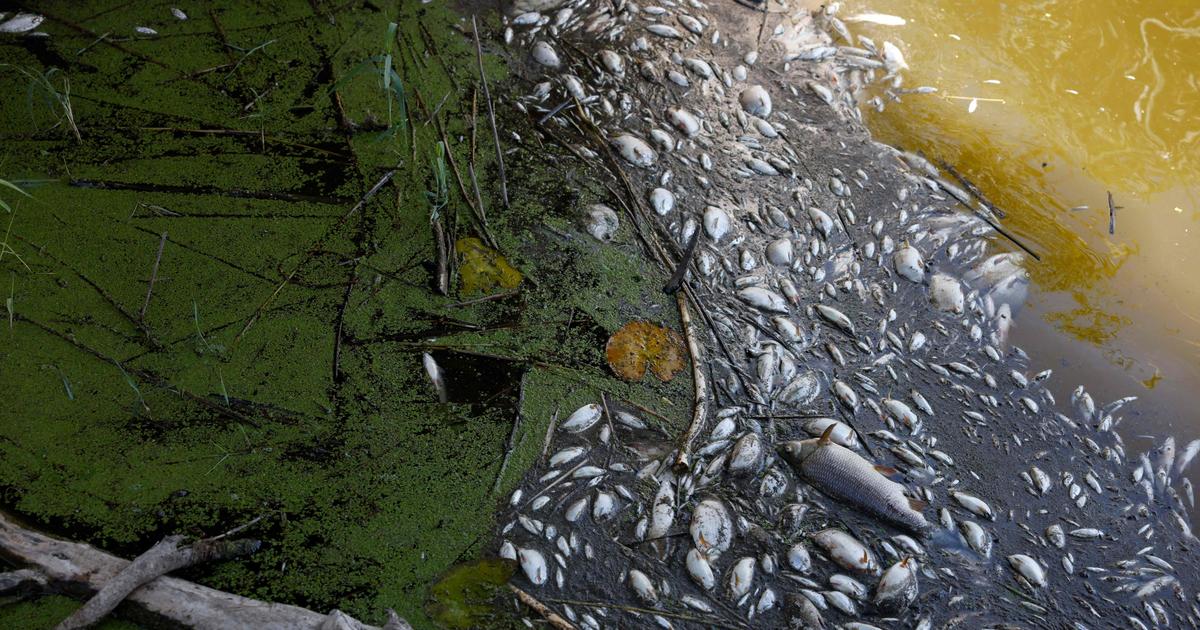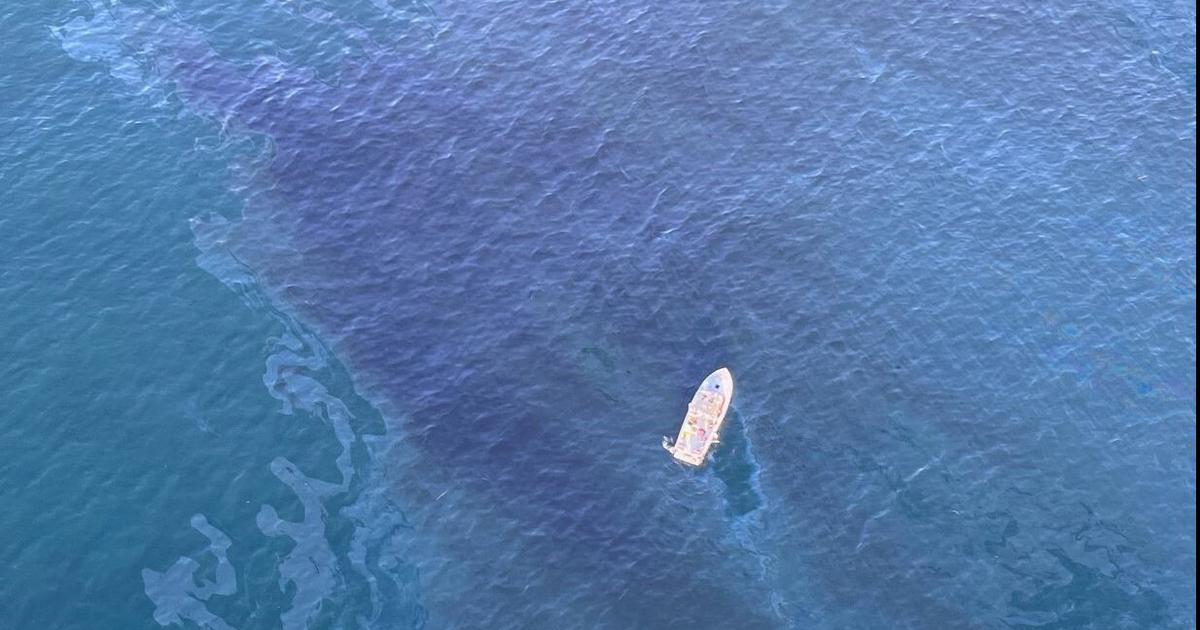Thousands of fish float lifeless on the Oder River, which flows through Germany and Poland, raising fears of an environmental '
disaster
' as local people are told to stay away from its waters.
These shoals of fish streaming belly up on the shores near the eastern German town of Schwedt were likely carried by the current from Poland where the first cases were reported by locals and fishermen from 28 July.
Read alsoHecatomb of dead fish: the NGO Sea Shepherd files a complaint
German officials, taken by surprise by their massive arrival, accused the Polish authorities of failing to inform them.
In Poland, too, the right-wing populist government is coming under fire for not reacting sooner.
Prime Minister Mateusz Morawiecki tried to justify himself on Friday: “
At first everyone thought it was just a local problem
,” he said on his weekly podcast.
“
The scale of the pollution is very large, large enough to say that the Oder will need whole years to return to its natural state
,” he acknowledged, however.
“
Huge amounts of chemical waste were probably dumped into the river, with full awareness of the risk and its consequences
,” he said.
German Environment Minister Steffi Lemke demanded an exhaustive investigation to determine the causes of this “
environmental disaster
”.
'Deeply shocked'
Standing at the water's edge, Michel Tautenhahn, deputy head of the Lower Oder Valley National Park, looks in dismay in the direction of the river, where the German-Polish border passes.
“
We are on the German side.
We have dead fish everywhere
,” he told AFP.
“
I am deeply shocked...I feel like decades of work have been ruined...Water is our life
,” he says, adding that a host of other aquatic animals such as that the mussels also succumbed.
Read alsoOff La Rochelle, thousands of dead fish thrown back into the sea by a ship
Fish, "
it's just the tip of the iceberg
", he says.
The Oder has been considered a relatively clean river for many years, supporting around 40 species of fish.
Many fish - some a few centimeters long, others almost 40 cm - are now floating lifelessly on the river.
Sometimes, we see some of them turn around with difficulty to try to swim.
Authorities believe the fish were likely poisoned.
“Atypical” death
Their death is "
atypical,
" explains Axel Vogel, Minister of the Environment for the Land of Brandenburg, judging that "
tons
" of fish have probably already perished.
Fish kills are often caused by the distortion of oxygen levels when the water level is too low, he explains.
“
But we have noticed an increase in the oxygen level for several days, which indicates that a foreign substance has been introduced and caused all this
”, according to him.
Tests are underway in Germany to establish the nature of this substance.
Authorities have already reported signs of extremely high levels of mercury, which the investigation may or may not confirm.
In Poland, the prosecution has been seized of the case of the pollution of the Oder, while indignation is growing in the country.
Read alsoWater pollution: the World Bank alert
The opposition, local authorities and environmental organizations have demanded explanations from the government, some even demanding the resignation of officials within the Ministry of Climate, including a deputy minister who was still encouraging people to go swimming in the water on Thursday. Or.
"
It looks like Chernobyl, when, after the disaster, the Soviet authorities sent people to take part in the May Day parade,
" said Daniel Petrykiewicz, environmental activist at the commercial channel TVN24.
On the banks of the Oder in Germany, Mr. Tautenhahn worries about the future.
"
If it's mercury, it will stay there for a long time
," he said, recalling that this metal does not disintegrate and could remain for many years in the sediments.






